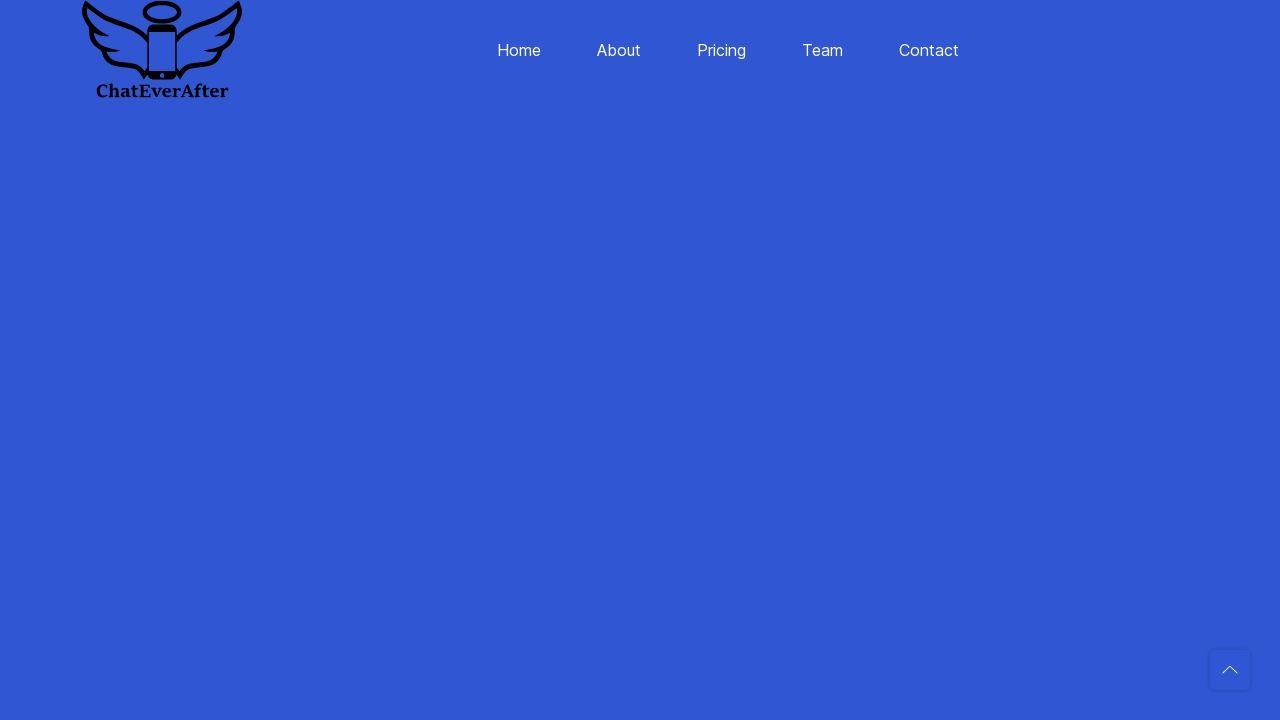How Chat Ever After can help you:
- Provides a unique way to cope with grief by enabling conversations with departed loved ones.
- Utilizes large language models to create accurate and meaningful chat renditions based on provided data.
- Offers customization options to adjust the tone of chats, ensuring comfort and a more personal touch.
- Ensures high availability by being accessible on all chat platforms for a seamless experience.
- Supports multiple pricing plans to accommodate various needs and preferences.
Why choose Chat Ever After: Key features
- Powered by groundbreaking Grief Prevention Technology developed by Dr. Ivan Synapo.
- Boasts high fidelity in chat renditions with the potential for more accuracy through increased data input.
- Proven efficacy in placebo-controlled double-blind clinical trials, demonstrating superior performance compared to traditional methods.
- Flexible and accessible across multiple chat platforms, ensuring ease of use.
- A range of pricing plans available, catering to different grief management requirements.
Who should choose Chat Ever After:
- Individuals seeking solace and a novel way to cope with the loss of a loved one.
- Those interested in exploring the potentials of AI to offer comfort during difficult times.
- Anyone looking for a customizable and personalizable experience in reminiscing about departed loved ones.


